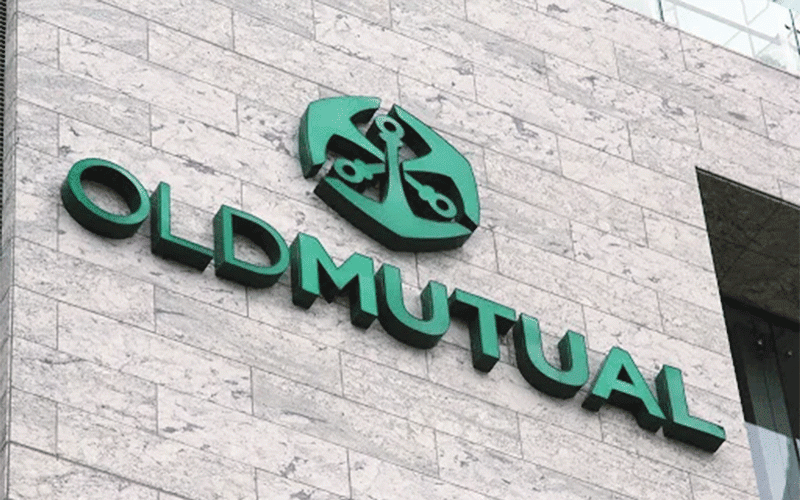
FINANCIAL services giant Old Mutual Zimbabwe (OMZ) has fully acquired Marsh Zimbabwe (Marsh) — an insurance and reinsurance broker business — as the firm expands horizontally, NewsDay Business can report.
OMZ is a Zimbabwe-registered company with various subsidiaries operating in the financial services sector and related markets.
It has short-term and life insurance, asset management, stock broking, funeral, and banking services subsidiaries.
Marsh has an insurance and reinsurance broker business in Zimbabwe and also offers pension administration services.
It exited the Zimbabwe market in 2021 after selling its shareholding to its shareholders, but continued to serve the market through special arrangements.
The value of the transaction was, however, not disclosed.
In a newsletter released this week, the Competition and Tariff Commission (CTC) indicated that it had approved the acquisition without conditions.
CTC was notified of the acquisition in October 2022.
- CTC approves six mergers
- CTC approves six mergers
- Dairibord inks deal after Dendairy flop
- Dairibord inks deal after Dendairy flop
Keep Reading
“The commission defined the relevant market as the provision of short-term and life insurance and insurance broking services to the whole of Zimbabwe,” the newsletter read in part.
“Though both merging parties offer pension administration service, their contribution to the total fund administration services offered in the market is less than 6% and its contribution towards the business revenue and activities is insignificant. The commission classified the transaction as a vertical merger because there is a customer-supplier relationship between Old Mutual and Marsh.”
In its analysis, CTC considered theories of harm that affect vertical mergers namely input and customer foreclosure.
Foreclosure in this case was analysed in line with the insurance broking and short-term insurance services only.
Input foreclosure arises when the merged entity restricts access to the products or services that it would have otherwise supplied if the merger had not taken place.
CTC said the risk for competition relates to the effects from increases in input costs for rivals on the downstream market, especially if the merging firm has market power on the upstream market.
“Bright Insurance Brokers (a subsidiary of Marsh) market share of 14% means that the company does not have market power. The regulator (Insurance and Pensions Commission) sets a commission which brokers should receive for any business that will have been given to insurance companies.
“Hence, the broker has no ability to alter prices for Old Mutual competitors. Insurance business is also risky in that the insurance broker would require several insurance companies that it deals with to ensure customers’ different needs are satisfied. This, therefore, limits the likelihood of input foreclosure taking place,” it said.
CTC noted that Bright Insurance is not a sufficiently large customer to provide Old Mutual with enough business to cater for its capacity, hence it is not feasible for Old Mutual to foreclose other brokers from accessing its services.
“In relation to customer foreclosure, the regulator in the market, wherein the merging par-ties operate, stipulates that a maximum limit of business to be channelled to a related insurance company by a broker should not exceed 20%.
“This takes away the ability of Bright Insurance to foreclose as well as the incentive to do so since 80% of its business should come from other sources besides Old Mutual.”
The commission said brokers’ income is prescribed by IPEC thus there is no ability on the part of Old Mutual to pay other brokers less than what it would pay Bright post-merger.
“Given the analysis and the consideration that the merged entities will continue to operate separately; and that the merger was not substantially lessening competition, the commission approved the merger without conditions,” it said.











